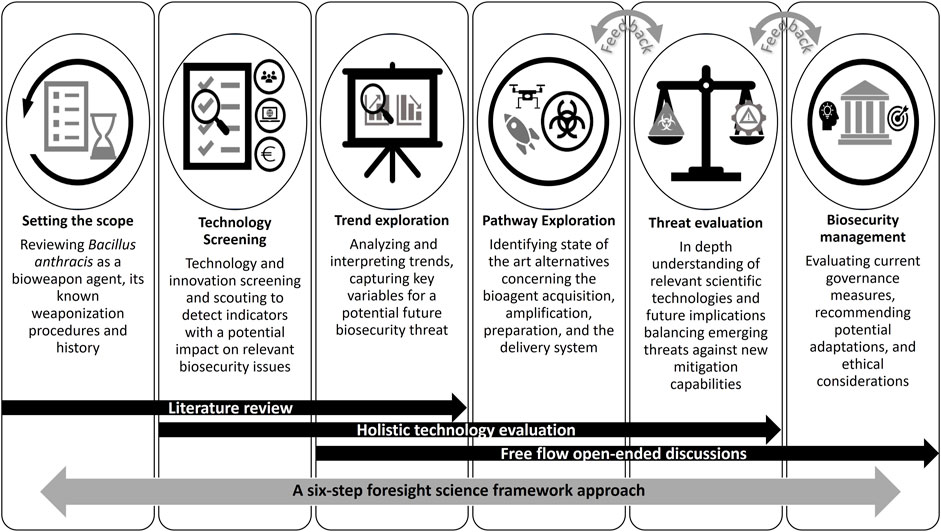
**The Engineering Biology Potential in the UK: An Urgent Call to Action**
The United Kingdom is at a crucial juncture in its quest for scientific and technological prominence. Despite its historical legacy of innovation, a recent report by the House of Lords Science and Technology Committee has raised concerns, calling for immediate and coordinated efforts to maintain the UK’s competitive edge in the swiftly advancing domain of engineering biology. The report cautions that without prompt actions, the UK risks missing out on the economic, industrial, and societal advantages offered by this groundbreaking science.
### Understanding Engineering Biology
Engineering biology, often known as synthetic biology, merges biological and engineering principles to create new biological entities or alter existing ones. These advancements hold great promise for tackling some of the globe’s most urgent issues, including sustainable energy, food security, environmental restoration, and cutting-edge medicine.
The current applications in real-world scenarios highlight its transformative capabilities. For example, modified bacteria are being utilized to transform waste into usable fuels, providing an eco-friendly alternative to conventional fossil fuel energy sources. In the realm of food production, synthetic biology is enabling the emerging of lab-grown, or cultivated, meat, which has the potential to revolutionize protein generation while minimizing the ecological footprint of agriculture. Other uses include harnessing microorganisms to extract and recycle rare earth minerals crucial for the technology sector, which are often environmentally challenging to source.
These instances merely scratch the surface. In the future, engineering biology could spawn new industries, fuel economic expansion, and lead to breakthroughs in healthcare, agriculture, and beyond.
### The Global Competition: The UK’s Lagging Position
The committee notes that the UK was previously a frontrunner in engineering biology, pioneering advancements in this cutting-edge scientific domain. However, in the past decade, other nations have surged ahead, consistently pouring resources into research, innovation, and infrastructure. Countries like the United States, China, and Singapore have not only prioritized investments but have also strategically created ecosystems to foster the commercial development of engineering biology initiatives.
Conversely, the UK’s advancement has suffered due to inadequate investment, disjointed strategies, and enduring challenges in scaling innovative enterprises. While the former government recognized engineering biology as one of five “critical technologies” in 2023 and unveiled a National Vision for Engineering Biology, the report highlights the necessity for these initiatives to be supported by tangible implementation and sufficient funding to flourish.
### Consequences of Inaction
A lack of urgent action may see the UK become a breeding ground for innovation that benefits others. The report indicates that numerous UK firms pioneering innovative technologies are enticed to relocate internationally, where they secure better investment, market access, and research facilities. This “investment valley of death” implies the UK forfeits the economic gains of its scientific breakthroughs, ultimately aiding other countries.
Baroness Julia King, Chair of the Lords Science and Technology Committee, emphasized this concern, pointing out that Britain’s scientific legacy risks fading into a historical detail rather than remaining a relevant asset. “Innovative companies need to scale up quickly to achieve global competitiveness – not get trapped in the investment ‘valley of death,’” she stated. King remarked that the UK’s struggle to scale domestic enterprises is a long-standing dilemma needing a “cross-government approach to address.”
### Strategic Recommendations for a Holistic National Approach
To tackle these issues, the report suggests seven crucial policy domains for the government to concentrate on: strategy, skills, regulation, infrastructure, investment, adoption, and governance.
1. **A Comprehensive Strategy:** The UK should integrate engineering biology into its overarching industrial strategy. A detailed roadmap is essential to align priorities across various sectors and set clear objectives for the coming decades.
2. **Development of Skills:** Enhancing training initiatives and educational opportunities in engineering biology is vital for nurturing local talent. Additionally, more appealing immigration policies and competitive educational and professional prospects are necessary to attract top international talent.
3. **Regulatory Enhancement:** A solid yet adaptable regulatory framework is crucial to promote progress while addressing ethical, safety, and societal issues related to synthetic biology applications.
4. **Infrastructure Investment:** The UK requires cutting-edge research facilities and development ecosystems to assist companies in engineering biology as they transition from research to commercialization.
5. **Innovative Financing:** Reliable funding sources and improved access to venture capital are essential for enabling engineering biology start-ups to scale without relocating to countries with more favorable investment landscapes.
6. **Engaging the Public:** The government plays a key role in building trust and understanding of engineering biology technologies among the populace. Transparent communication regarding the benefits and challenges of synthetic biology advancement is critical to garnering societal support.
7. **Coordination and Governance:** Appointment of a national sector champion for engineering biology is necessary to lead, monitor progress, and coordinate initiatives across sectors, ensuring that all stakeholders collaborate towards shared goals.
### Unlocking the Sector’s Potential
The advantages of nurturing a vibrant engineering biology sector are numerous. Economically, the success of this field could generate high-value employment opportunities, open new international markets, and